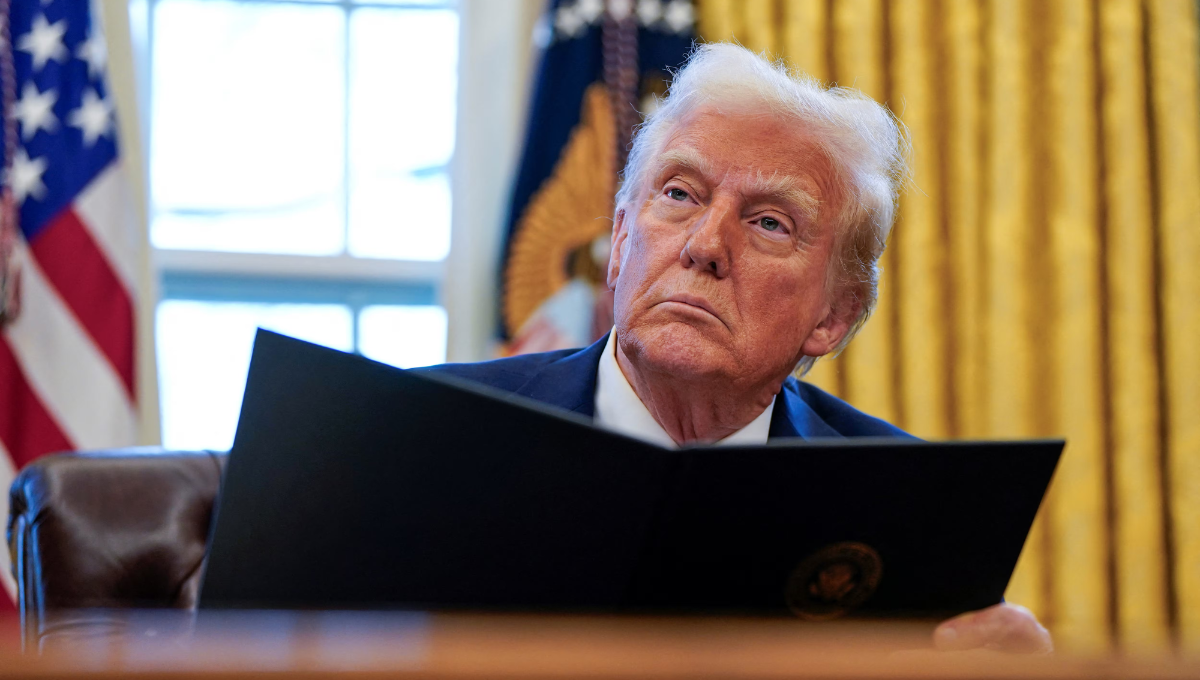The United States has long been recognized as a global leader in the fight against corruption, pioneering legal frameworks, enforcement strategies, and diplomatic efforts to curb kleptocracy—the systematic looting of public resources by individuals in power. However, in recent years, critics argue that the approach under former President Donald Trump marked a significant departure from this legacy, enabling kleptocrats both domestically and internationally, thereby undermining anti-corruption initiatives worldwide.
U.S. Leadership Against Global Corruption: A Historical Overview
For decades, the U.S. government has championed initiatives against corruption as integral to national security and global stability. Landmark legislation such as the Foreign Corrupt Practices Act (FCPA) of 1977 set a precedent by prohibiting U.S. companies from bribing foreign officials. This act led to emulation by many other countries, including the UK, Canada, Brazil, and France. In 2010, the Dodd-Frank Act further advanced transparency by requiring publicly traded resource companies to disclose payments to foreign governments, inspiring similar laws in Canada and the European Union.
Moreover, the U.S. Department of Justice (DOJ) established the kleptocracy asset recovery initiative, dedicated to seizing illicit funds laundered through the U.S. financial system and returning them to the countries from which they were stolen. The U.S. has also played a leading role in international coalitions and multilateral institutions aiming to enforce accountability, increase transparency, and strengthen governance globally.
The Trump Administration’s Influence on U.S. Anti-Corruption Efforts
The Trump presidency brought a contentious shift in the U.S. stance on corruption. Observers and politicians highlighted tendencies within his administration that echoed kleptocratic practices typically observed in authoritarian regimes:
- Conflict of Interest and Self-Dealing: Trump refused to fully divest from his vast business empire while in office, blurring the lines between governance and personal profit. He openly dismissed concerns about conflicts of interest, once stating, “The president can’t have a conflict of interest.” This stance contradicted longstanding norms designed to separate private business from public duties.
- Weakening Legal and Institutional Oversight: The Trump administration was accused of undermining independent institutions including the FBI and the Department of Justice when investigations into his conduct arose. His pardoning of January 6th Capitol rioters and efforts to investigate agents involved in those prosecutions raised alarms over the erosion of rule of law and democratic norms.
- Dismantling Anti-Kleptocracy Mechanisms: Key anti-corruption tools under previous administrations were rolled back or abandoned. For instance, Trump’s government withdrew from the Extractive Industries Transparency Initiative, diluted or repealed transparency rules from the Dodd-Frank Act, and officially ended enforcement of the Beneficial Ownership Registry, a database designed to identify the true owners of shell companies that often hide illicit funds.
- Facilitating Kleptocratic Behavior Internationally: By weakening anti-bribery laws and loosening financial oversight, the administration effectively eased the way for foreign kleptocrats and oligarchs to benefit from U.S. economic activity, including through programs like the “gold card” visa which sold American citizenship to wealthy foreigners, some linked to corrupt regimes.
These actions collectively contributed to what critics, including Senator Bernie Sanders and numerous legal experts, described as moving the country toward a kleptocracy—where government functions primarily to enrich those in power rather than serve the public.
Expert and Political Commentary
Senator Bernie Sanders characterized the Trump administration as aggressively propelling the U.S. into oligarchy and kleptocracy, with power concentrated in the hands of billionaire allies, and undermining democratic institutions and the rule of law. He highlighted the administration’s transactional governance style and weaponization of government machinery for personal and political advantage.
Human Rights Watch emphasized that Trump’s flagrant self-dealing provided a dangerous example for kleptocrats worldwide, undermining global anti-corruption efforts pioneered by the U.S. Such behavior, they noted, weakened the international legal framework and emboldened corrupt leaders to loot public resources with impunity.
Observers also pointed to Trump’s effective “gift” to kleptocrats during the Ukraine scandal, where domestic political maneuvers interfered with international anti-corruption actions, explicitly damaging U.S. credibility and efforts abroad.
Implications for American Democracy and Global Governance
The transformation under Trump has been described not merely as a domestic concern but as a setback to global governance standards. Countries and institutions that once looked to the U.S. for leadership in transparency and accountability now face increased difficulty in enforcing anti-corruption norms.
For the U.S., the erosion of foundational anti-corruption policies undermines public trust in institutions and hampers democratic resilience. Internationally, it risks emboldening kleptocratic regimes by signaling that corruption can coexist with—or even be facilitated by—global powers.
Ongoing Monitoring and Analysis
Organizations such as the Kleptocracy Tracker maintain public records documenting shifts in governance and corruption-related decisions linked to the Trump administration, enabling journalists, researchers, and citizens to track this erosion of democratic norms and its consequences for rule of law and transparency.
The United States historically led global efforts against corruption through legislations like the FCPA, enforcement initiatives, and international cooperation. However, during the Trump administration, critics argue that policies and actions—ranging from conflicts of interest, dismantling transparency tools, to empowering kleptocratic interests—significantly weakened America’s stance and enabled kleptocrats domestically and abroad. These developments pose serious challenges to both American democracy and global anti-corruption governance.
This analysis is structured to provide a detailed, neutral, and comprehensive overview optimized for search visibility by including relevant keywords such as “kleptocracy,” “corruption,” “Trump administration,” “anti-corruption laws,” “FCPA,” and “global governance,” catering to readers seeking authoritative information on this important subject.


